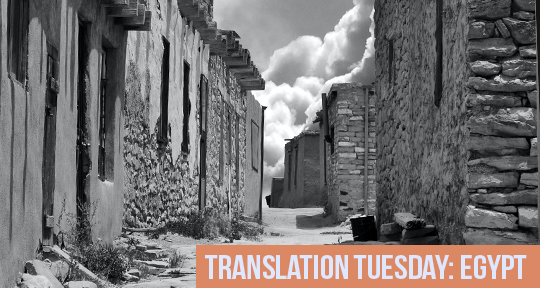There’s plenty to discover in our Spring 2025 issue, with work from twenty-four countries and eighteen languages, including a new Korean literature feature; icons like Chekhov and Pushkin; and the additions of Guyana Creolese and Sesotho into our language archives. Here, our blog editors highlight their favourites from this teeming array, including an immersive, linguistically deft tale of adolescent awakening, and an epistolary insight into one of literary history’s great love stories.
A few weeks ago, I watched The Eternal Feminine, a film on the life of the great Mexican poet Rosario Castellanos. The narrative itself was tepid, overly reliant on the tired trope of the overworked woman genius and her jealous partner, carrying on the tradition of the biopic’s privileging of unidimensional emotion—but still a numinous glimmer came from actress Karina Gidi’s forceful, steady delivery of Castellanos’s words, through which we are granted the strange tension of a mind that is both deeply interconnected and stoically isolated: “I love you, dear Ricardo, as far as the eye can see—and keep in mind that I stand facing the sea.”
As always with the public exhibition of letters, there is the pleasant shiver of the eavesdrop, and the thrill of the temporal override. Through Nancy Ross Jean’s flowing, intuitive translation of Castellano’s Letters to Ricardo, there is a sense of what makes the traditional biography so ill-suited for intimacy. In the display of a supposedly whole story, the audience is never given the dynamics and mysteries of possibility—but of someone else’s love, we should only ever admit to having a glimpse. The facts of context and consequence enable us to proffer our own judgments on the rights and wrongs of a romance, but has that ever mattered to those enraptured within the feeling? Despite knowing that the love story will come to a devastating end, the letter—a souvenir, a relic—transports us momentarily to a state of oblivion, a moment of urgency wherein reality is constituted from desire: the absolution of living in a body that desires. “I love you, and this lends a specific meaning to my desire, a desire only you can satisfy. I don’t want anybody or anything to come between us and this new reality that for me is so rich and important.” There’s something extraordinarily powerful in that line, which reaches out to our voyeurism and dismisses our retrospect; this reality belongs to her. READ MORE…



